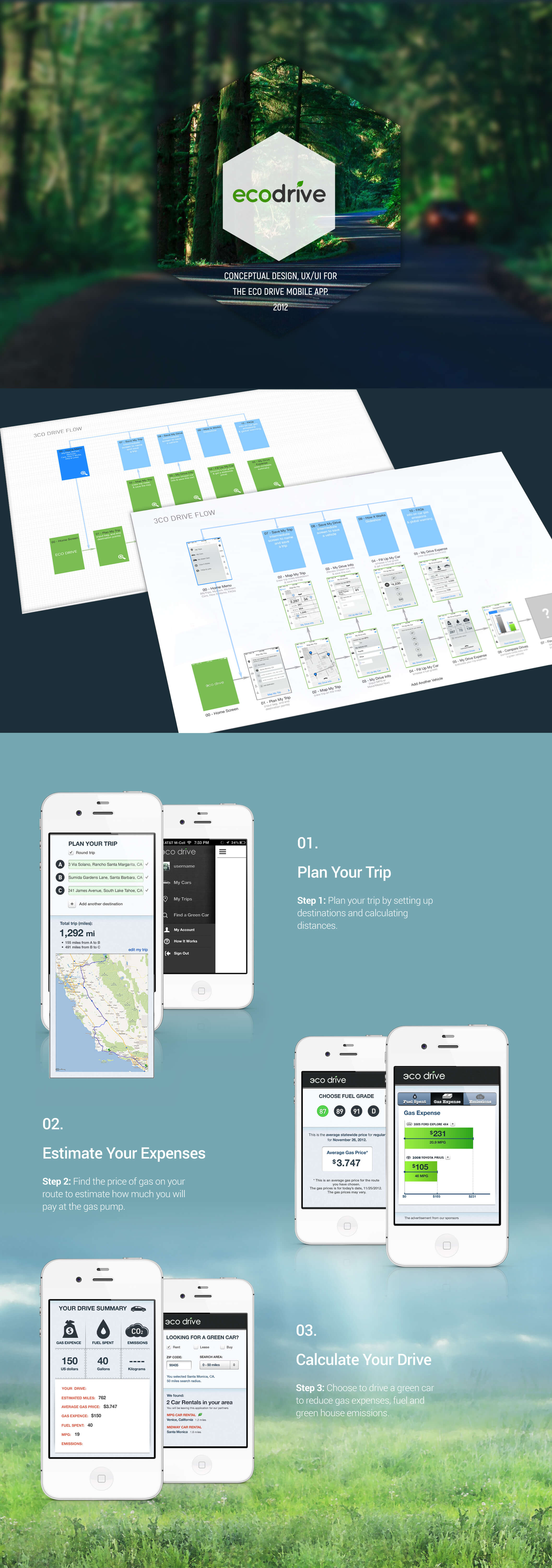
European countries have been enforcing strict emissions regulations since 2014. For example, in July, Parisians banned driving vehicles made before 1997; other European cities are taking similarly hardline approaches to regulate pollution related emissions. What about the United States? Can you imagine Parisian laws enforced in the much more polluted city of Los Angeles? I didn’t think so.
According to Calestous Juma, a Harvard professor, technology ever advances, and consistently leaves policymakers scratching their heads, powerless to provide meaningful guidance to the rest of the citizens. As a result, they must listen to those in the sciences to take direction on how to best lead with new technologies.
In his interview with The Washington Post, Jima remarked:
Most governments don’t appreciate that technologies advance in an exponential way, resulting in policymakers who are constantly surprised by new innovations and often fail to regulate them successfully… To combat that mindset, governments at the federal, state and local level need to lean on the expertise of advisers with deep knowledge of science and technology.

Juma identified in his book, “Innovations and Its Enemies” three key sources of opposition to innovation: those with commercial interests in existing products, those who identify with existing products and those who might lose power as a result of change.
In the case of electric cars, oil companies are the ones who would be at a loss. A decrease in fuel based cars would bring with it a reduction in fuel sales. Fewer barrels of oil sold entails a significantly lower profit and fewer subsidies for oil companies, something no one at Enron would be happy about.
And so far, the oil industry isn’t worried. According to Green Cars Reports, last year, plug-in cars represented slightly less than a paltry 1% of total U.S. sales of about 16.5 million light-duty vehicles. However, considering steady decline of the cost of the lithium-ion cell technology, it is possible that electric cars sales could increase to as much as 20% in 2025.
Yet on the other hand, numerous hurdles to achieving major increases in electric car sales remain. Not only are car manufacturers and dealers reluctant to educate buyers on how plugging in a car is cheaper per mile, but drivers themselves fear their electric car’s battery running out of power before reaching their destinations, partially due to a limited availability of charging stations.
Even though electric cars offer more environmentally friendly improvements and are overall cheaper per mile than filling up the tank with gasoline, the idea of green technology in vehicles hasn't been widely adopted by drivers. The fact that 4 out of 10 Fords that were sold in Los Angeles last year were hybrids is a trend in the right direction, but does not necessarily illustrate purely environmentally driven motives. The hope that U.S. government officials and the American public will care enough about greenhouse emissions to make the switch to green technology is naïve. As important as the environment is to many car buyers, issues of practicality tend to be more pressing to most people. What will sway the average car buyer’s decision as much as the cost of the vehicle is how much money will be saved at the gas pump and how easy it is to charge the plug-in.
Lorem ipsum dolor sit amet, consectetur adipisicing elit, sed do eiusmod tempor incididunt ut labore et dolore magna aliqua.